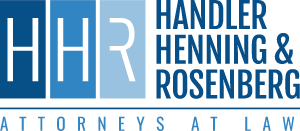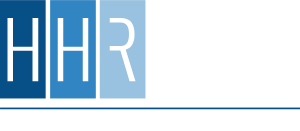Cerebral Palsy (CP) is an umbrella term that refers to a group of permanent movement disorders that appear in early childhood. While symptoms differ in each classification of CP, speech disorders are quite common. Spasms, limited range of motion and slow movement cause problems with the production of sounds and arrangement of words.
Cerebral Palsy & Speech
A child with Cerebral Palsy might experience oral motor functioning issues. To speak, we use an intricate combination of muscles in our face, throat, neck, and other parts of the body. Cerebral palsy can affect the part of the brain that controls speech. A child with Cerebral Palsy might have trouble forming sentences or using the correct words. In some instances, a child might struggle with expressing themselves. This can cause social difficulties later in life.
Speech and language disorders associated with cerebral palsy include:
- Articulation disorders: Patients with CP may experience poor oral-motor control and muscle weakness in the face and throat. These conditions affect a child’s ability to make sounds and form syllables.
- Fluency disorders: Interruptions, such as stuttering, break the flow of speech.
- Voice disorders: Conditions such as irregular pitch, volume control and voice quality make it hard for children to interact.
- Dysarthria: Impaired movement of muscles in the tongue, lips, and vocal cords that results in slurred or mumbled speech and delayed rate of speech.
- Dysphagia: Difficulty swallowing or digesting food which causes drooling, coughing, gagging and regurgitation.
- Aphasia: Damage to the part of the brain that affects language and speech. This makes it difficult to speak, understand communication, read and write.
- Receptive struggles: Challenges processing and understanding language make it hard to draw meaning from language and communication.
- Expressive disorders: Difficulty putting words together to convey ideas.
- Cognitive-communication disorders: Difficulty with communication skills involving perception, memory, problem solving and organization.
A speech and language pathologist can assist in finding ways to help your child communicate through cues or sign language. They can also address issues such as word formation, pronunciation, listening and vocabulary development.
Speech therapy will address issues such as the following:
- Listening
- Fluency
- Pronunciation
- Word formation
- Vocabulary
- Word comprehension
- Conversation
- Mouth and throat muscle control
When Should a Child with Cerebral Palsy Start Speech Pathology Therapy?
Speech therapy for children with cerebral palsy can begin as early as infancy. Infant speech therapy is especially important for helping the brain develop skills that it can’t later in life. Early speech therapy can help a child develop skills rather than must develop new habits or methods for daily tasks later in life.
Speech & Language can help a child with cerebral palsy handle the following easier:
- Literacy
- Social interactions
- Cognitive abilities
Pennsylvania Birth Injury Lawyers
If your baby was harmed or injured after birth, contact our Pennsylvania birth injury lawyers at Handler, Henning & Rosenberg LLC. A birth injury may result in your child being diagnosed with cerebral palsy, which can lead to expensive medical bills. You shouldn’t have to pay for a health professional’s negligent actions. Contact us today to find out how we can help.
Call (888) 498-3023 or contact us online for a free consultation. Our cerebral palsy lawyers are ready to answer your questions right now.


